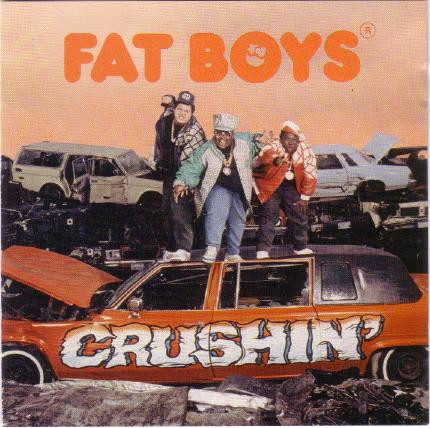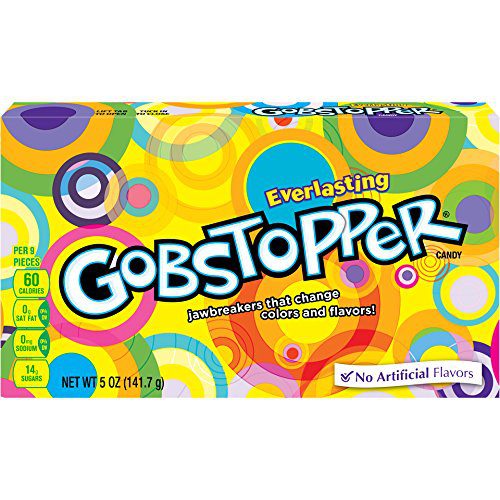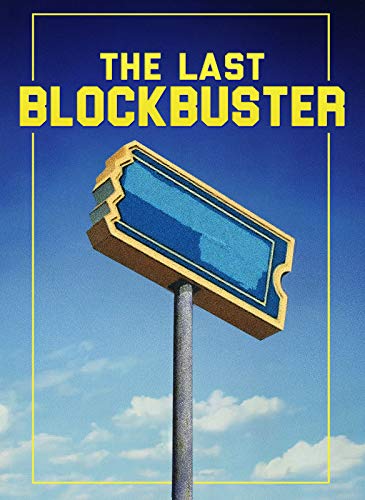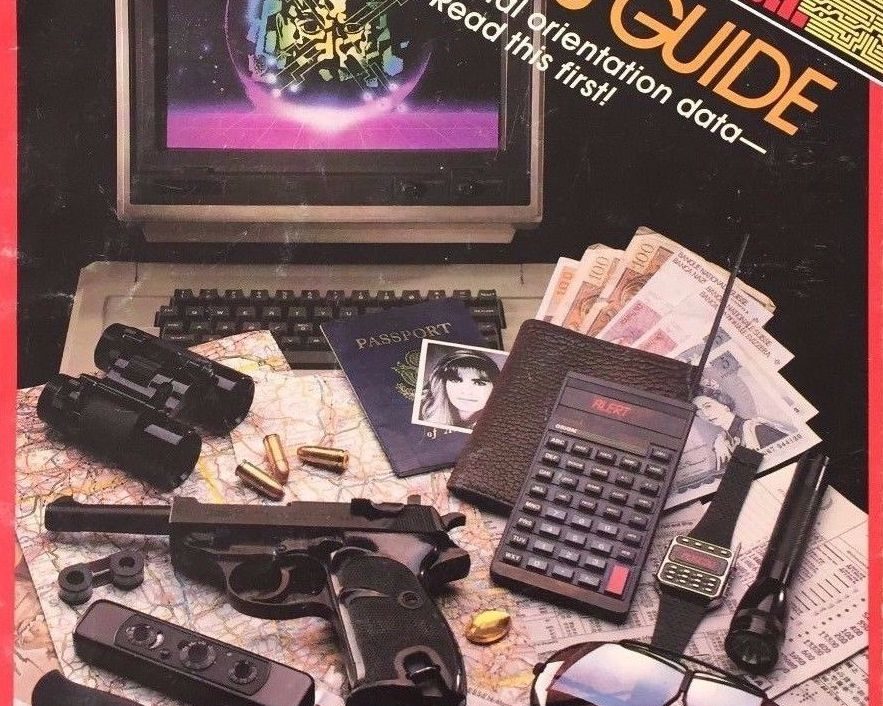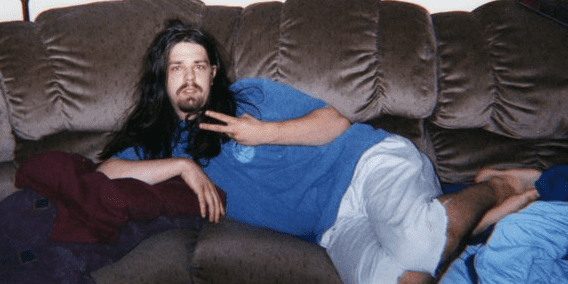
Last night we were watching a Ted talk that dealt with memory. The basic explanation is memory is better once you can attach to a specific person, place, or thing that has meaning to you. At the end of the talk I went back and tried to figure out what is the earliest thing I memorized.
The first answer is in kindergarten, our assignment was to learn a bible verse every week. I think everyone in the class had to memorize a separate verse (not positive on this). The verse was Romans 3:23 –
for all have sinned and fall short of the glory of God
Sometimes I can’t remember what the verse states, but I always remember Romans 3:23. Not too shabby for almost 34 years ago.
The other memory that came close was a poetry contest we had to do at school. We had a few weeks to memorize a poem, and then be ready to go in front of judges and recite it. The judging was based on memory and presentation. This was sometime between 1-3 grade (around the age in the picture above). I really want to say it was first grade. In high school, I would do a similar type of competition playing trumpet – memorize the solo, perform scales, and be judged.
The thing is I only remembered bits of the poem. The memory talk inspired me to look up the complete poem. The key part of the poem was “five minutes more”. I googled “kids poem 5 minutes more”. It showed up immediately. Here is the poem:
Bedtime
by Eleanor Farjeon
Five minutes, five minutes more, please!
Let me stay five minutes more!
Can’t I just finish the castle
I’m building here on the floor?
Can’t I just finish the story
I’m reading here I my book?
Can’t I just finish this bead-chain –
It almost is finished, look!
Can’t I just finish the game, please?
When a game’s once begun
It’s a pity never to find out
Whether you’ve lost or won.
Can’t I just stay five minutes?
Well can’t I just stay four?
Three minutes then? Two minutes?
Can’t I stay one minute more?
Now, why do I remember this poem at all? There is a story behind that. As part of reciting the poem, my parents gave me hand gestures to go along. This was to seem more entertaining and indirectly get me over the task of young public speaking. During the “can’t I finish” section of the poem I would gesture to the floor in different areas or act like I was reading a book.
However, we get to the point in the poem where the child is counting down. I counted down along with my fingers as I got to each line. So five minutes, I had my hand wide. Then I closed my thumb and displayed the remaining four fingers. I kept going until I got to one finger. When I was young my natural countdown instinct was to have my middle finger represent one. My parents realized the flaw in the hand signs and kept trying to break me of it.
It didn’t work until they explained it. My parents explained it was a rude gesture that I should never make. I think I managed to correct my counting and my pointer finger became the last digit to survive. That’s how my parents taught me at least. However, part of my desperate hope when it came time to go in front of the judges was that nervousness and pressure got the better of me. In that final line, after which I’m sure I just wanted to run and hide, I was standing there in all my innocence with a big grin on my face giving all the judges the middle finger. That would be funny.
